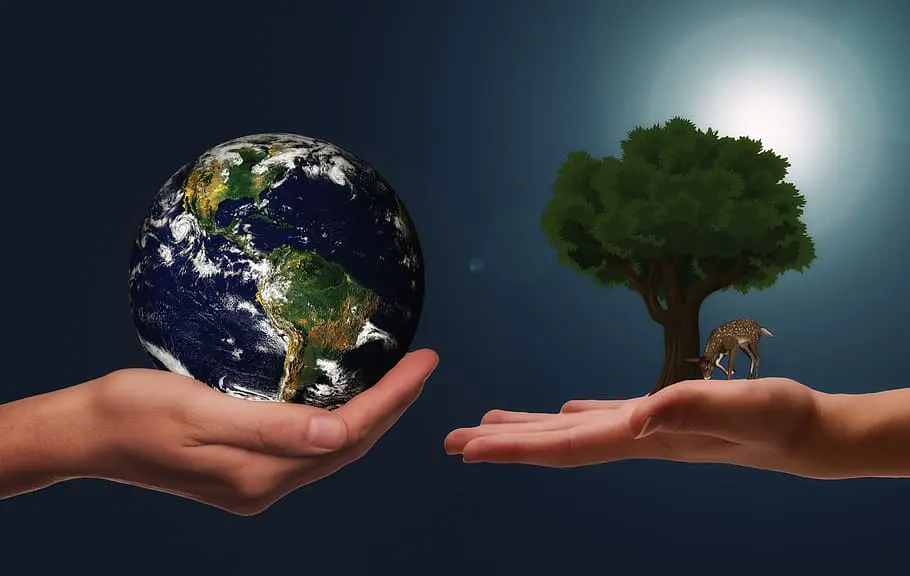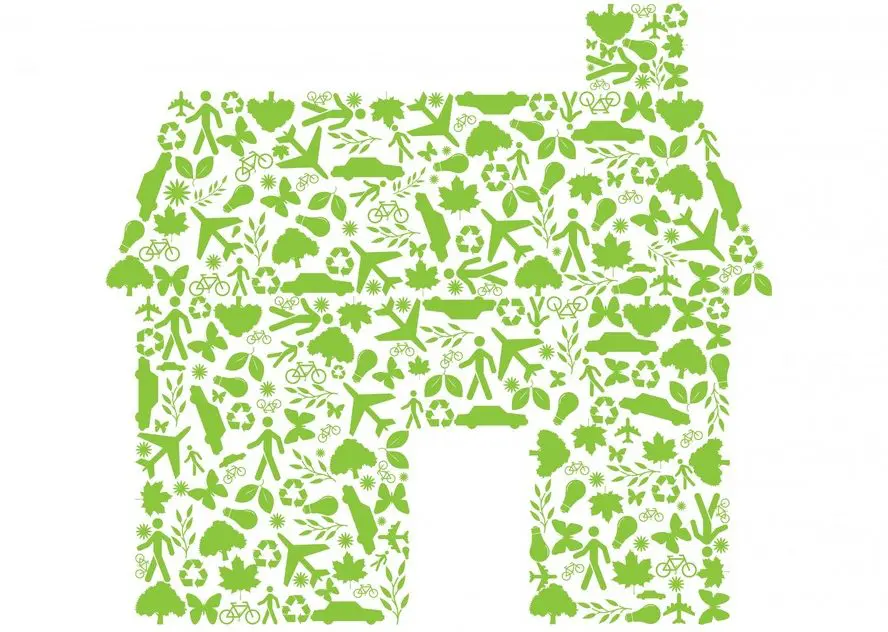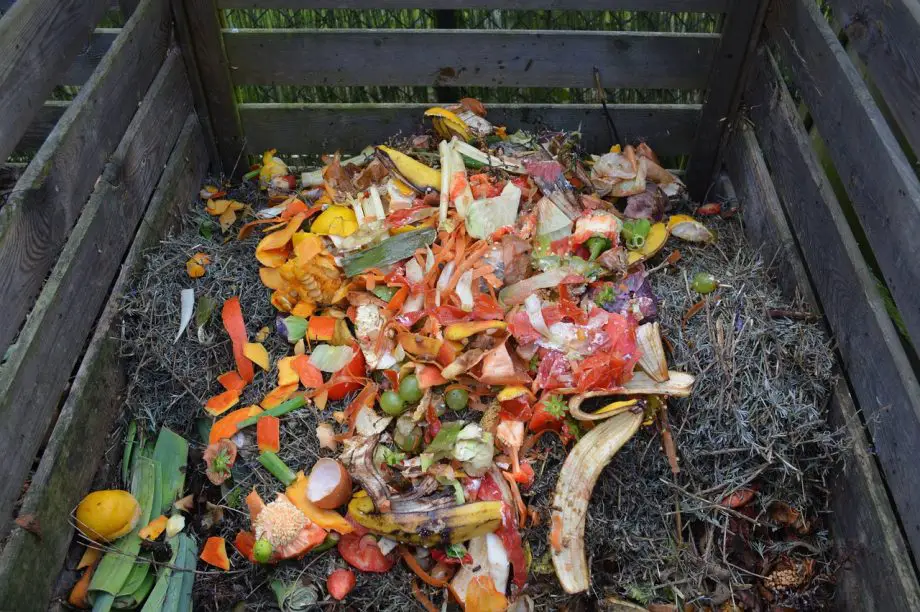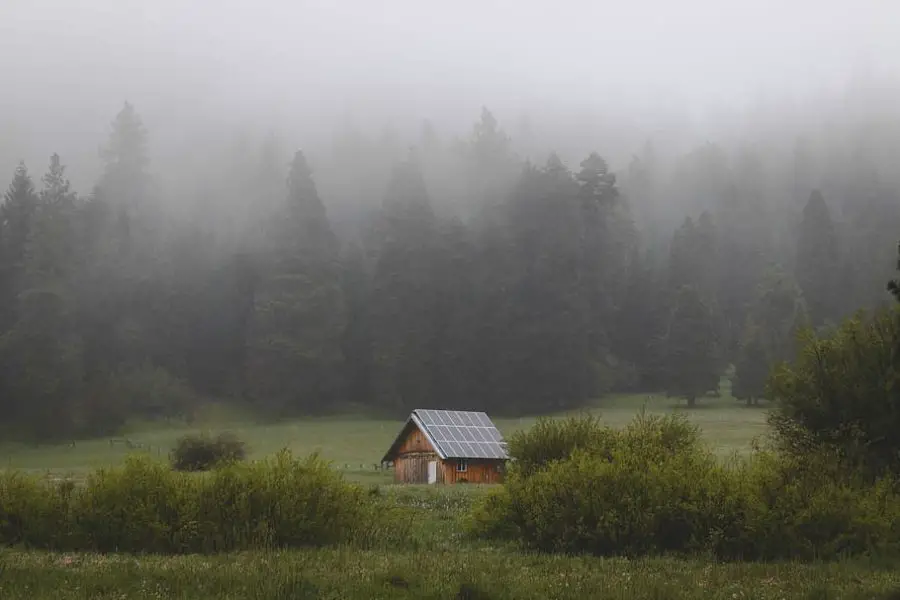
Dive into the world of off-grid sustainable living! Discover a lifestyle that’s eco-friendly and self-reliant. Join the journey today!
Off-grid sustainable living is a lifestyle choice where individuals operate independently from mainstream utilities, relying on renewable energy sources and sustainable practices. It emphasizes self-sufficiency, eco-friendliness, and a deeper connection to nature.
Off-Grid Sustainable Living
Ever thought about disconnecting from the hustle and bustle and embracing a life more in tune with nature?
Welcome to the realm of Off-Grid sustainable living. Off-grid sustainable living is not just a trend.
It’s a transformative way of life that champions sustainability and self-reliance. Let’s explore together!
The concept of off-grid sustainable living has gained traction in recent years.
As people become more environmentally conscious, the allure of a self-sufficient lifestyle becomes increasingly appealing.
This article delves into the intricacies of living off the grid and its sustainable implications.
The Appeal of Going Off-Grid
The modern world, with its conveniences, also brings challenges. For many, the idea of disconnecting and living a more authentic life is enticing. But what drives this desire to go off-grid?
Desire for Self-Sufficiency:
Many individuals are drawn to the idea of producing their own energy, growing their own food, and being independent of external systems.
Escaping Modern Constraints:
Living off-grid allows individuals to break free from the unpredictability of utility companies, fluctuating prices, and potential service interruptions.
Allure of Natural Systems:
There’s a profound connection felt when one aligns with nature’s rhythms, from harnessing solar energy to collecting rainwater.
The Practicalities of Off-Grid Living
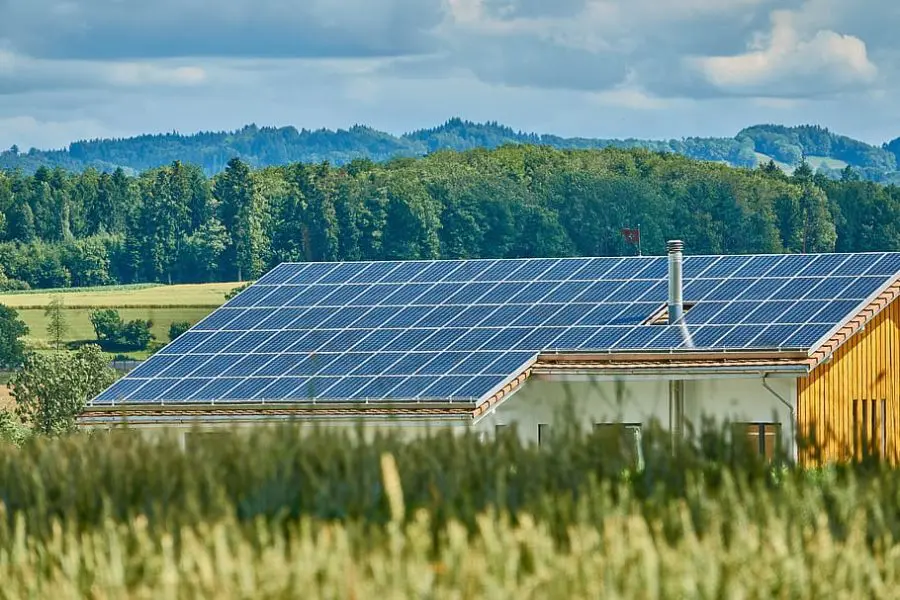 While the idea of off-grid living is romantic, the practical aspects are grounded in reality.
While the idea of off-grid living is romantic, the practical aspects are grounded in reality.
From initial investments to daily challenges, understanding these practicalities is crucial.
Initial Costs and Investments:
Embarking on the off-grid journey is not without its financial considerations.
The initial phase often demands the most significant investment.
Solar panels, which are pivotal for energy generation, come with installation costs and may require additional infrastructure like battery storage systems.
Water collection systems, such as rainwater harvesting tanks or well-drilling, are essential for a consistent water supply.
Moreover, the land itself can be a major expense, especially if one is looking for a location with specific features like proximity to water sources or optimal sunlight exposure.
Additionally, there might be costs associated with making the land habitable, such as clearing, soil testing, or setting up foundational structures.
While these upfront costs can be substantial, they are foundational investments that pave the way for a sustainable and self-reliant future.
Role of Technology:
The dream of off-grid living has been made more attainable thanks to advancements in technology.
Today’s solar panels are more efficient, capturing and converting sunlight into electricity with greater effectiveness.
Battery storage technology has also evolved, allowing homeowners to store excess energy for use during cloudy days or nighttime.
Beyond energy, smart home systems play a crucial role. These systems can monitor energy consumption, control indoor temperatures, and even manage water usage, ensuring optimal efficiency.
Innovations like energy-efficient appliances, LED lighting, and smart water heaters further enhance the comfort and efficiency of off-grid homes.
With technology as an ally, off-grid living becomes less about sacrificing conveniences and more about embracing a modern, sustainable lifestyle.
Challenges and Solutions:
Living off the grid is rewarding, but it’s not without its challenges.
Inconsistent energy sources, such as prolonged cloudy days, can affect solar energy generation.
Similarly, during dry seasons, water collection systems might not provide enough supply.
However, with careful planning and innovative solutions, these challenges can be addressed.
Backup systems, like generators or additional battery storage, can provide power during energy lulls.
Water conservation techniques, such as drip irrigation for gardens or low-flow fixtures in homes, can ensure a steady water supply even during shortages.
Regular maintenance and periodic upgrades to systems also play a role in ensuring consistent and efficient off-grid living.
By anticipating potential issues and having solutions at the ready, one can navigate the challenges of off-grid life with confidence.
The Financial Implications
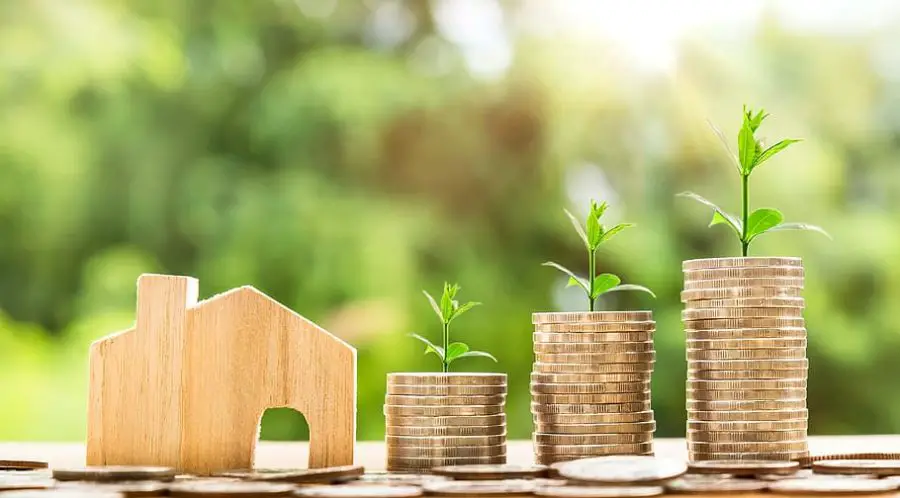
Money plays a pivotal role in our decisions. Understanding the financial implications, both short-term and long-term, can guide one’s transition to off-grid living.
Upfront Costs vs. Long-Term Savings:
Embarking on the off-grid journey requires a significant initial investment.
From purchasing land to setting up renewable energy systems like solar panels or wind turbines, the costs can quickly add up.
Additionally, there might be expenses related to water collection systems, waste management, and possibly even building a new home tailored for off-grid living.
However, once these systems are in place, the monthly expenses can drastically decrease.
Without monthly utility bills and the constant rise in energy prices, the initial costs can be recouped over the years.
Over a longer period, living off-grid can prove to be more economical, with the potential for the property to even increase in value due to its sustainable features.
Debate on Subsidies:
The transition to renewable energy and sustainable living practices is being recognized globally.
As a result, many governments are stepping up to support these initiatives.
Subsidies, tax breaks, and grants are becoming more common for those looking to install renewable energy systems or make sustainable home improvements.
While these incentives can significantly reduce the initial financial strain, there’s a debate on their long-term impact.
Some argue that these subsidies can distort market prices, while others believe they are essential to accelerate the transition to a more sustainable future.
Economic Inequalities:
The dream of off-grid living, while appealing, may not be within reach for everyone.
The initial costs associated with setting up an off-grid home can be a barrier for many, especially those in lower economic brackets.
This disparity raises concerns about economic inequalities in the realm of sustainable living.
While the wealthy can afford to invest in off-grid systems and enjoy the long-term savings, those with limited financial resources might find themselves excluded from this sustainable revolution.
It’s crucial for governments and communities to find ways to make off-grid living more inclusive, ensuring that everyone has the opportunity to benefit from a sustainable lifestyle.
The Environmental Impact
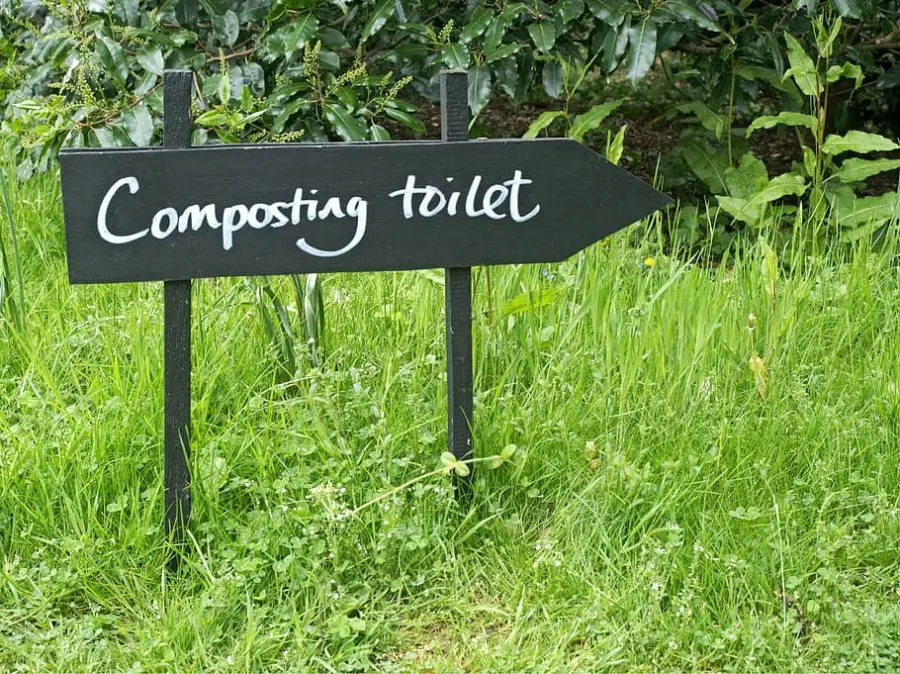
One of the primary motivations for off-grid living is its potential environmental benefits. But how does this lifestyle truly impact our planet?
Reducing Carbon Footprint:
One of the most compelling reasons people turn to off-grid living is the potential to drastically reduce their carbon footprint.
Traditional energy sources, like coal and natural gas, release significant amounts of greenhouse gases when burned.
These emissions are a leading cause of global warming and climate change.
In contrast, renewable energy sources such as solar, wind, and hydroelectric power generate electricity without emitting greenhouse gases.
By harnessing these natural energy sources, off-grid homes can operate with a minimal environmental impact.
Over time, this shift away from fossil fuels can make a substantial difference in the fight against climate change, allowing individuals to live in harmony with the planet.
Conservation Efforts:
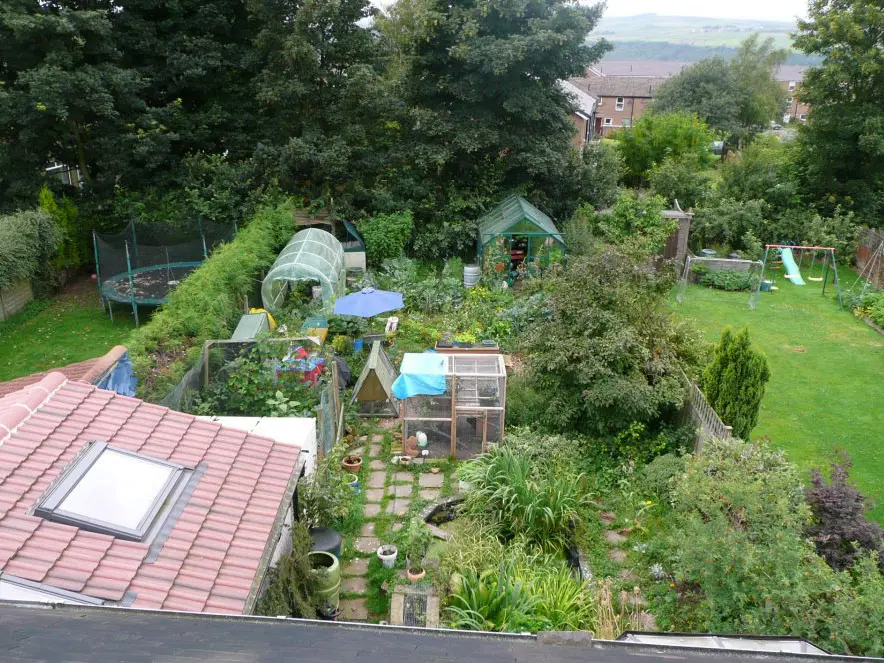
Living off the grid isn’t just about energy independence. It’s also about adopting a holistic approach to sustainability.
This lifestyle naturally gravitates towards practices that conserve resources and reduce waste.
Recycling becomes second nature, ensuring that materials are reused and repurposed rather than ending up in landfills.
Composting transforms organic waste into nutrient-rich soil, perfect for home gardens or small-scale farming.
Water conservation is also a key component, with many off-grid homes utilizing rainwater harvesting systems or greywater recycling.
These practices, combined, not only reduce the strain on local ecosystems but also instill a deep sense of responsibility and connection to the environment.
It’s a daily reminder that every action, no matter how small, can contribute to a larger, positive impact on our planet.
The Social and Community Aspects

Living off the grid doesn’t mean living in isolation. In fact, community and social interactions play a significant role in this lifestyle.
Benefits to Neighbors:
Off-grid living often goes hand in hand with a strong sense of community.
When individuals or families choose to live off the grid, they frequently find themselves in areas where collaboration and mutual support are not just beneficial but essential.
Sharing resources has become a common practice. For instance, one neighbor might have a well-established vegetable garden, while another has a surplus of solar-generated electricity.
Exchanging produce for power becomes a way of life. Beyond tangible resources, there’s also the sharing of knowledge.
Tips on maintaining solar panels, insights on water conservation, or advice on sustainable farming are exchanged, helping each member of the community thrive.
This constant give-and-take fosters a tight-knit community spirit, where neighbors don’t just live beside each other but genuinely with and for each other.
Challenges of Self-Reliance:
The allure of off-grid living often lies in its promise of independence.
Being self-reliant, producing your own energy, and growing your own food can be incredibly empowering.
However, this independence can sometimes come with a side of isolation.
Especially for those who transition from bustling urban settings to remote off-grid locations, the quiet and solitude can be overwhelming.
The absence of regular social interactions, like those in workplaces or social gatherings, can lead to feelings of loneliness.
However, this challenge isn’t insurmountable. Building community ties, organizing regular meet-ups, or even joining online forums and groups dedicated to off-grid living can provide the social connection humans inherently crave.
By actively seeking out and nurturing these networks, one can enjoy the best of both worlds: the independence of off-grid living and the warmth of a supportive community.
Real-Life Experiences
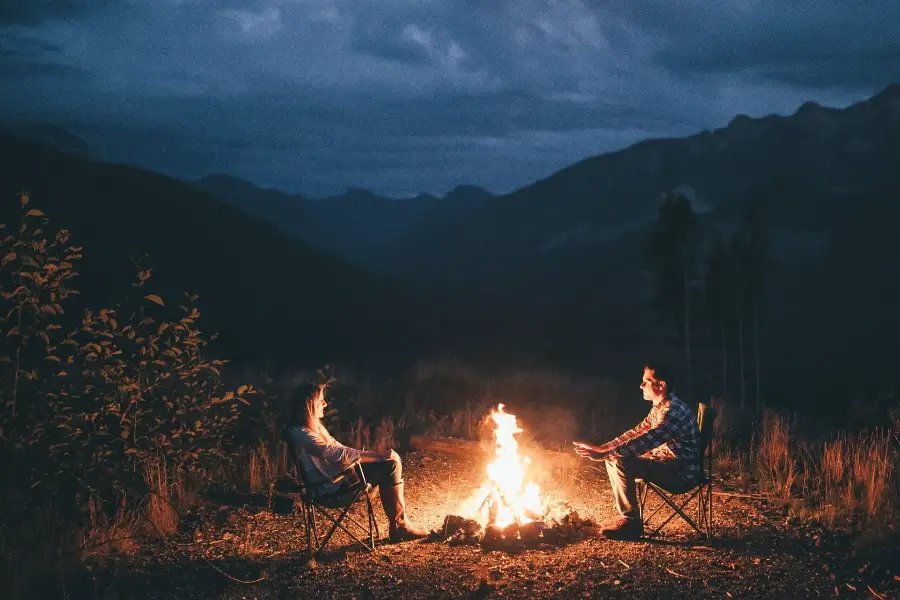
Personal stories provide invaluable insights into the realities of off-grid living. These tales of transition, challenges, and triumphs offer a genuine glimpse into this lifestyle.
Personal Journeys:
Every individual or family that chooses the off-grid lifestyle has a unique story to tell.
These narratives often begin with a moment of realization, a desire for change, or a longing for a deeper connection to nature.
The transition phase is a pivotal part of these tales. Moving from the conveniences and constant buzz of city life to the tranquility and challenges of a remote area can be both exhilarating and daunting.
Adapting to a new rhythm of life, where the sun dictates your day and the seasons influence your activities, is a journey in itself.
There are tales of initial struggles, from setting up a reliable water source to facing the solitude of vast landscapes.
But intertwined with these challenges are stories of breathtaking sunsets, the joy of fresh produce from one’s garden, and the unparalleled peace that nature offers.
Each journey, with its highs and lows, paints a vivid picture of what off-grid living truly entails.
Lessons Learned:
Embarking on an off-grid adventure is a continuous learning experience. One of the most echoed lessons is the importance of preparation.
Before making the move, researching, planning, and understanding the intricacies of the chosen location can make the transition smoother.
Flexibility is another key takeaway. Nature is unpredictable, and off-grid living requires one to adapt, whether it’s adjusting to unexpected weather changes or innovating if a solar panel malfunctions.
Continuous learning is also a recurring theme. The world of sustainable living is ever-evolving, with new technologies, methods, and practices emerging regularly.
Staying updated, being open to new ideas, and constantly seeking knowledge ensures that one can make the most of the off-grid lifestyle, all while treading lightly on the planet.
The Future of Off-Grid Living
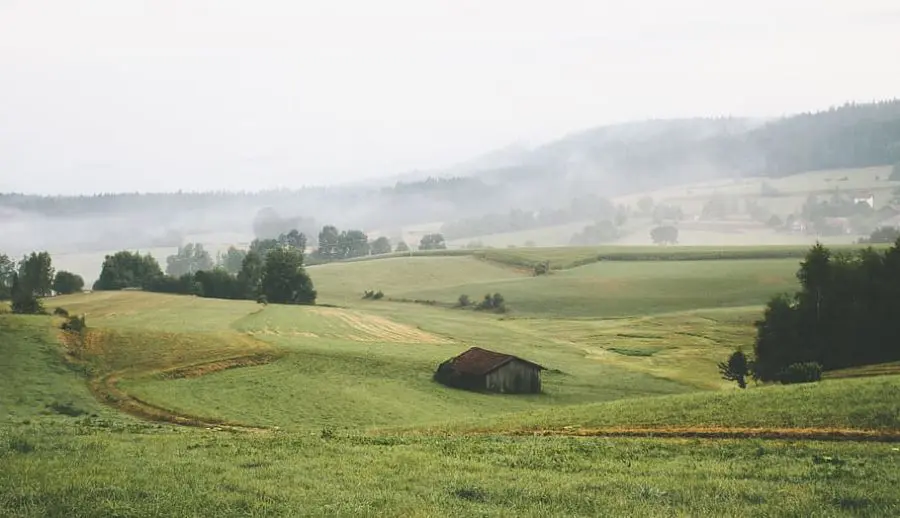
As the world evolves, so does the concept of off-grid living. What does the future hold for this lifestyle, and how will it adapt to changing circumstances?
Potential for Community Adoption:
The allure of off-grid living isn’t just limited to individuals or families. Entire communities are seeing the benefits and are considering the shift.
As awareness about environmental issues grows and the desire for a sustainable lifestyle intensifies, the idea of whole communities or even towns going off-grid becomes more conceivable.
Imagine a town where every home harnesses solar energy, community gardens flourish, and shared water collection systems are the norm.
Such communities wouldn’t just be self-sufficient in terms of utilities but would also foster a strong sense of camaraderie and shared purpose among residents.
Collaborative efforts could lead to innovative solutions, from communal energy storage systems to shared transportation powered by renewable sources.
As more people experience the benefits of off-grid living firsthand, the ripple effect could inspire larger groups to adopt this sustainable way of life.
Evolving Role of Utilities:
The rise in off-grid living poses an interesting challenge for traditional utility companies.
As more consumers opt to produce their own energy and become less reliant on the grid, these companies face potential revenue losses.
However, instead of resisting this change, forward-thinking utilities are exploring ways to adapt and evolve.
Some are considering offering off-grid solutions as part of their service portfolio, providing equipment, installation, and maintenance services for renewable energy systems.
Others might form partnerships with existing renewable energy providers, combining resources and expertise to cater to the growing off-grid market.
By embracing the off-grid movement, traditional utilities can position themselves as champions of sustainability, ensuring their relevance in a rapidly changing energy landscape.
FAQs
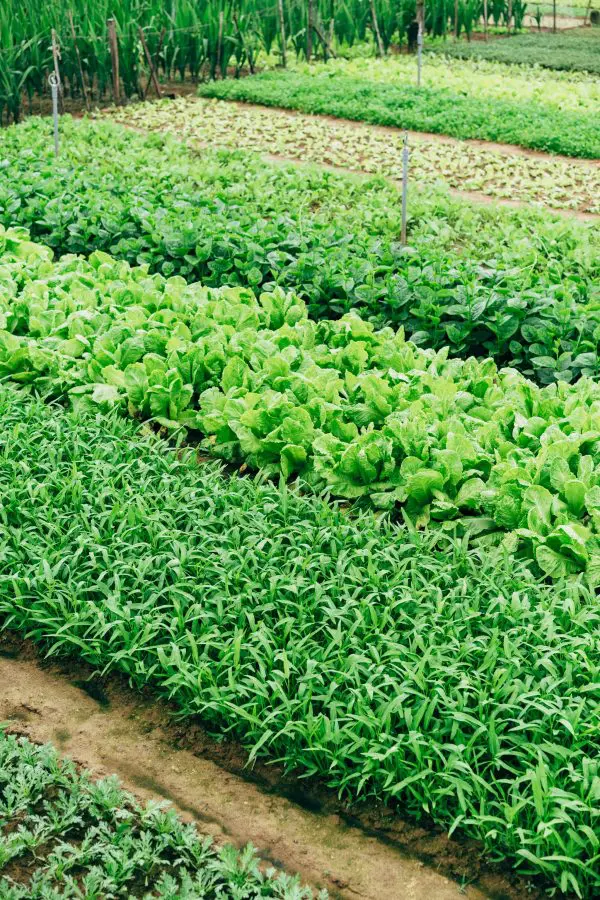
With any unconventional lifestyle choice, questions abound. Here, we address some of the most frequently asked questions about off-grid sustainable living.
Q: What is off-grid living?
A: Off-grid living refers to a lifestyle choice where individuals or communities operate independently of the main national electricity and water supply grids, often relying on renewable energy sources and sustainable practices.
Q: How much does it cost to go off-grid?
A: The cost varies based on location, energy needs, and lifestyle choices. Initial setup, including land, solar panels, and water systems, can range from $20,000 to $200,000 or more.
Q: Is off-grid living sustainable?
A: Yes, when done correctly, off-grid living can be highly sustainable. It often emphasizes renewable energy, water conservation, and sustainable agriculture practices.
Q: How can we be sustainable off the grid?
A: Sustainability off the grid involves using renewable energy sources, practicing water and energy conservation, growing food locally, and minimizing waste through recycling and composting.
Q: What is an off-grid lifestyle?
A: The off-grid lifestyle is a conscious choice to live independently of public utilities, emphasizing self-sufficiency, sustainability, and a deeper connection to nature.
Q: How do off-grid systems impact the environment?
A: Off-grid systems, when based on renewable energy sources, have a positive impact by reducing carbon emissions. Additionally, off-grid lifestyles often prioritize conservation and sustainable practices, further benefiting the environment.
Conclusion

As we reflect on off-grid sustainable living, it’s evident that this lifestyle choice is more than just a trend. It’s a conscious decision to embrace sustainability, community, and a deeper connection to our environment.
Self-Sufficiency and Empowerment:
One of the most profound aspects of off-grid living is the journey towards self-sufficiency.
It’s not just about generating your own electricity or growing your own food; it’s about reclaiming power over your life.
This empowerment comes from knowing that you are not at the mercy of fluctuating utility prices or external supply chains.
Every solar panel installed, every vegetable harvested, and every drop of rainwater collected is a step towards independence.
This self-reliance fosters a sense of accomplishment and pride, knowing that you are capable of meeting your own needs and are not overly dependent on external systems.
Resilience and Adaptability:
Living off the grid teaches resilience.
Whether it’s adapting to changing weather patterns, troubleshooting a malfunctioning solar system, or finding innovative ways to conserve water during a dry spell, off-grid living demands adaptability.
This resilience isn’t just practical and it’s also mental and emotional.
Embracing the off-grid lifestyle means being prepared for challenges and uncertainties.
But it also means celebrating the small victories and joys that come with overcoming them.
As we reflect on off-grid sustainable living, it’s evident that this lifestyle choice is more than just a trend.
It’s a conscious decision to embrace sustainability, community, and a deeper connection to our environment.
It’s about forging a life that aligns with one’s values, prioritizes the planet, and cherishes the simple yet profound joys of self-sufficiency and community.

